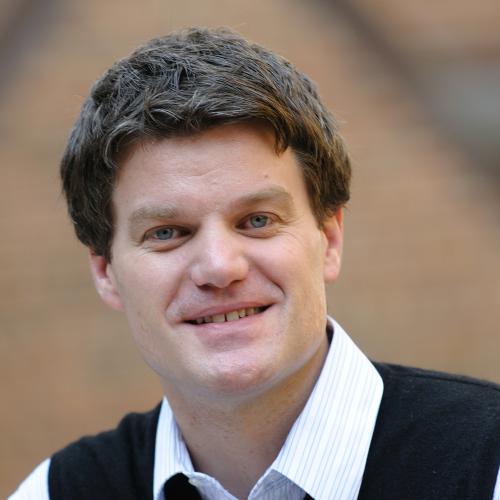Family relationships play a role in the business world, but what about academia? An international team of researchers, including Assistant Professor Vetle Torvik, has discovered that family background, or kinship, can influence academic careers just as it does in other sectors of society.
The researchers examined coauthorship surname patterns in five decades of health science literature worldwide. Using the PubMed database, with over twenty-one million papers, they identified country-specific trends over time and found that coauthors who are part of a kin tend to hold central positions in their collaborative networks. Torvik's contribution to the research was to conduct the geocoding and disambiguation of author names; without these enabling technologies, the analysis of such large-scale data would not have been possible.
The resulting paper, "Kin of coauthorship in five decades of health science literature," will be published in Proceedings of the National Academy of Sciences (PNAS; vol. 113 no. 30). In addition to Torvik, researchers included lead author Mattia Prosperi (Department of Epidemiology, University of Florida, Gainesville), Iain Buchan (Centre of Health Informatics, University of Manchester, U.K.), Iuri Fanti (Infectious Diseases Clinic, Catholic University of the Sacred Heart, Rome, Italy), Sandro Meloni (Institute for Biocomputation and Physics of Complex Systems and Department of Theoretical Physics, University of Zaragoza, Spain), and Pietro Palladino (Genomics, Genetics and Biology Innovation Pole, Italy).
In their conclusion, the researchers noted, "[A] certain level of kinship may have beneficial effects on the research outputs of a country, whereas greater or lesser amounts of kinship could have adverse effects....Just as kin build potent academic networks with their own resources, societies may do well to provide equivalent support for talented individuals with fewer resources, on the periphery of networks."
Torvik's current research addresses problems related to scientific discovery and collaboration using complex models and large-scale bibliographic databases. At the iSchool, he teaches courses on those topics as well as text and data mining, statistical modeling, informetrics, and information processing. He has built a suite of bibliographic data mining tools and datasets that are available from Abel.
